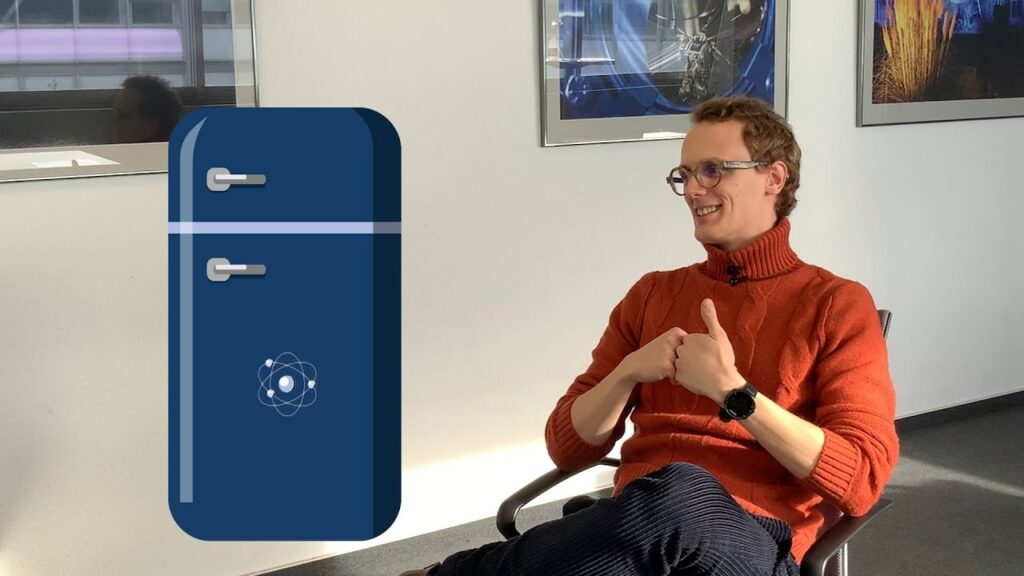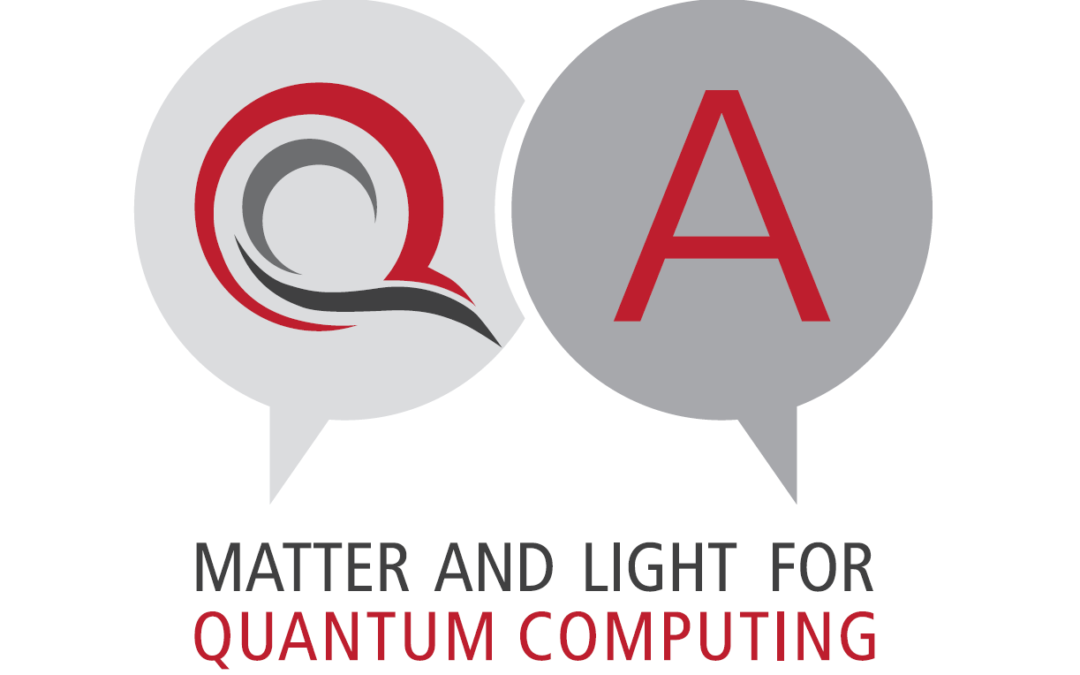The first episode of ML4Q&A is out now!
In order to introduce this new format, I thought it makes sense to quickly answer the most frequent questions before you start listening.
What is ML4Q&A?
In our new podcast series ML4Q&A we want to give researchers in the cluster the opportunity to explain their research activities to the scientific community and the scientifically interested public. We will talk about specific projects, but also about how the field of quantum technology is evolving and how it is to be part of this field. The podcast is going to feature the work of members in and close to ML4Q in different academic positions.
Why podcasting?
Because voice is the new thing! Well, this may be part of it, but we also want to offer content in different formats and make the travel sessions between the different locations of ML4Q (once traveling is possible again) more interesting by giving you something to listen to.
How often will you publish an episode?
Just make sure to subscribe to the podcast on your podcatcher and you will know whenever there is a new episode out for you 😉
What is the first episode about?
 This time I am talking to Martino Calzavara, a PhD researcher in the PGI-8 Institute for Quantum Control at the Forschungszentrum Jülich. We talk about him moving to Germany for his PhD and learning German, his experiences in academia as part of ML4Q as well as ultracold atom systems and how quantum control could help to cool these. We also talk about his simulations of these systems and machine learning, conferences in the times of a pandemic and Italian Pannetone vs. Pandoro. Listen to the full podcast episode with Martino in the ML4Q&A podcast or at your podcatcher. We also prepared this short video to give you a taste of the full episode.
This time I am talking to Martino Calzavara, a PhD researcher in the PGI-8 Institute for Quantum Control at the Forschungszentrum Jülich. We talk about him moving to Germany for his PhD and learning German, his experiences in academia as part of ML4Q as well as ultracold atom systems and how quantum control could help to cool these. We also talk about his simulations of these systems and machine learning, conferences in the times of a pandemic and Italian Pannetone vs. Pandoro. Listen to the full podcast episode with Martino in the ML4Q&A podcast or at your podcatcher. We also prepared this short video to give you a taste of the full episode.
What do you think? Do you have any suggestions for guests and topics?
Write us an email to: ml4q-outreach(at)uni-koeln.de
About Jonas
👨🔬👨💻 Jonas is a PhD researcher in the ML4Q project and a techie that likes listening to people telling stories. The topics that he is most interested in are open source and quantum technology. He prefers electrons over phonons and his enthusiasm for qubits is only exceeded by his passion for Italian food and culture.
